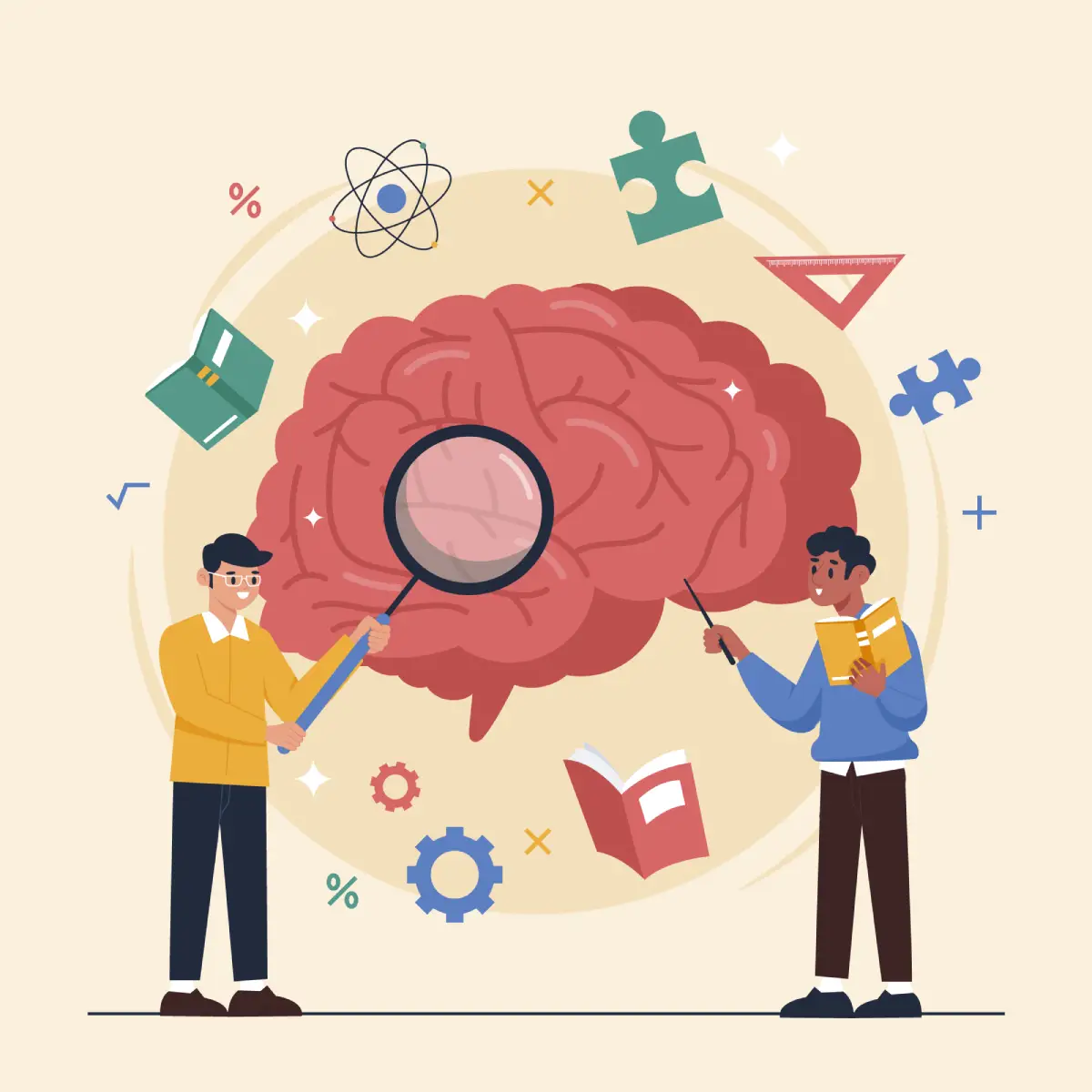Executive Summary
Mindfulness-based cognitive training (MBCT) is emerging as a scientifically validated practice for legal professionals aiming to boost mental clarity, resilience, and performance in high-stakes environments. This whitepaper synthesises the latest neuroscience on mindfulness in legal workplaces, outlines a structured 8-week mindfulness programme tailored for lawyers, and provides UK case studies. Discover practical approaches to strengthen concentration, client relations, and court performance—while promoting long-term wellbeing and sustainable legal careers.
Introduction
The legal profession in the UK is renowned for its rigour, intellectual demands, and relentless expectations. Despite a long-standing culture of stoicism, UK legal professionals increasingly face challenges such as concentration deficits, emotional exhaustion, and performance anxiety. Mindfulness is no longer regarded as fringe; it’s now a core skill for high-functioning barristers, solicitors, and in-house counsel.
“Mindfulness helps me remain calm and clear-headed—even during the most intense trials.”
—Senior Barrister, London
What is Mindfulness-Based Cognitive Training for Lawyers?
Mindfulness is deliberately paying attention to the present moment, non-judgementally. MBCT combines mindfulness meditation and cognitive strategies to manage thinking patterns, promote resilience, and reduce reactivity.
For lawyers, MBCT targets:
- Focus, memory, and analytical reasoning
- Regulation of stress and emotional responses
- Improved client and team communication
- Ethical, clear decision making
Evidence: An increasing number of law firms and barristers’ chambers now offer structured mindfulness workshops and courses (LawCare, 2024).
Neuroscience: Mindfulness and the Legal Brain
1. Neuroplasticity and Cognitive Control
Research shows that even brief mindfulness training changes the structure and function of the brain:
- Prefrontal Cortex: Mindfulness strengthens the area responsible for judgment and complex problem-solving (UCL Institute of Cognitive Neuroscience, 2023).
- Amygdala: Regular meditation reduces anxiety sensitivity and emotional reactivity.
2. Enhanced Working Memory
One landmark 2024 study with UK solicitors found a 36% improvement in working memory and sustained attention after regular mindfulness sessions (British Psychological Society).
3. Stress and Resilience Pathways
The reduction of cortisol and adrenaline following mindfulness resets stress tolerance and energy levels—vital for courtroom or negotiation settings.
Structured 8-Week Mindfulness Programme for Legal Professionals
Based on best practice in the legal sector and clinical psychology, this is tailored for UK lawyers:
Weeks 1–2: Foundations
- Daily 10-minute guided practice (see Headspace for the Legal Profession)
- Introduction to “thought labelling” and mindful breathing
Weeks 3–4: Deepening Focus
- Mindful walking and movement for busy commutes
- Focused attention exercises on reading and drafting
Weeks 5–6: Emotional Regulation
- Mindful listening in client calls and team meetings
- “STOP” technique for high-pressure moments (Stop, Take a breath, Observe, Proceed)
Weeks 7–8: Integration
- Mini-meditations before and after court or negotiation
- Reflective journaling on difficult cases
Maintenance: Weekly follow-up sessions and peer support groups.
Tip: Integrate short “pause practices” at your desk between emails, calls, or hearings.
Key Impacts on Legal Work
1. Improved Case Preparation
Solicitors practising mindfulness report sharper focus during document review, better recall in research, and enhanced attention during disclosure (Law Society Gazette, 2024).
2. Stronger Client Relations
- Mindful listening allows lawyers to better understand client priorities, improving trust and communication.
- Emotional clarity prevents reactive or defensive responses.
3. Enhanced Courtroom Performance
- Barristers cite more effective advocacy under pressure, with reduced performance anxiety and quicker cognitive recovery following setbacks.
4. Team Collaboration & Leadership
- Mindfulness-trained lawyers foster a calmer, more engaged workplace culture.
- Leaders report clearer decision-making and better conflict resolution within teams (Law Firm Leadership Survey, 2023).
Evidence from UK Legal Practitioners
Clifford Chance—Mindfulness at Scale
Clifford Chance introduced mindfulness drop-ins and an 8-week programme in 2023:
- 56% of fee earners improved self-rated concentration.
- Notable reduction in burnout and absenteeism.
Clifford Chance Wellbeing Initiatives
Garden Court Chambers—Barrister-Led Practice
Barristers piloted MBCT with external mindfulness coaches:
- 47% reported greater resilience and client empathy.
- Senior practitioners noted reduction in post-trial fatigue.
Integration Strategies for UK Legal Workplaces
1. Leadership Endorsement
- Partners/chambers heads publicly support and participate in mindfulness training.
2. Digital Resources
- Use UK-adapted platforms such as Mindfulness in Law Group for guided meditations and workshops.
3. Flexible Scheduling
- Embed “mindful minutes” in meeting schedules and team calendars.
4. Confidentiality and Peer Support
- Anonymous feedback and small-group discussions boost participation.
5. Measured Outcomes
- Track improvements in absenteeism, case outcomes, and self-reported stress using confidential questionnaires.
Addressing Lawyer Scepticism
- Clarify that mindfulness is not “soft”—it is backed by robust UK and international science.
- Provide evidence-based introductions, such as Oxford Mindfulness Centre, to dismantle stigma.
- Highlight peer role models—senior barristers or partners—who openly credit mindfulness with improved performance.
Further Resources
- LawCare: Mindfulness and Mental Health
- Headspace for Work—Legal Edition
- Oxford Mindfulness Foundation
- British Psychological Society—Mindfulness in the Workplace
Conclusion
Mindfulness-based cognitive training is no longer a “nice to have” but a proven, science-based approach to legal excellence. With robust ROI in focus, stress management, client service, and wellbeing, law firms and chambers who proactively support these skills will lead the way in sustainable practice and high performance.








